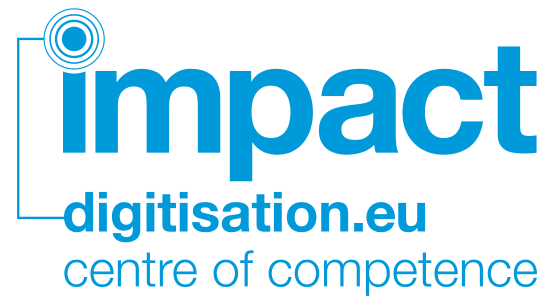
- This event has passed.
Time Machine Conference 2019
10 October, 2019 - 11 October, 2019
[cs_content][cs_section parallax=”false” separator_top_type=”none” separator_top_height=”50px” separator_top_inset=”0px” separator_top_angle_point=”50″ separator_bottom_type=”none” separator_bottom_height=”50px” separator_bottom_inset=”0px” separator_bottom_angle_point=”50″ style=”margin: 0px;padding: 45px 0px;”][cs_row inner_container=”true” marginless_columns=”false” style=”margin: 0px auto;padding: 0px;”][cs_column fade=”false” fade_animation=”in” fade_animation_offset=”45px” fade_duration=”750″ type=”2/3″ style=”padding: 0px;”][x_image type=”none” src=”https://www.digitisation.eu/wp-content/uploads/2019/10/Logo_ConferenceTimeMachine_RGB.png” alt=”” link=”false” href=”#” title=”” target=”” info=”none” info_place=”top” info_trigger=”hover” info_content=”” style=”width: 25%;float: left;padding-right: 10px;”][cs_text]
The Time Machine project aims to develop the Big Data of the Past, creating a huge distributed digital information system mapping the European social, cultural and geographical evolution across times. This large-scale digitisation and computing infrastructure will enable Europe to turn its long history, as well as its multilingualism and multiculturalism, into a living social and economic resource.
For more info visit: https://www.timemachine.eu/
The Time Machine Conference 2019 takes place in Dresden on 10-11 October.
[/cs_text][/cs_column][cs_column fade=”false” fade_animation=”in” fade_animation_offset=”45px” fade_duration=”750″ type=”1/3″ style=”padding: 0px;”][x_recent_posts type=”post” count=”4″ offset=”” category=”IPRES2018″ orientation=”vertical” no_sticky=”true” no_image=”false” fade=”false”][/cs_column][/cs_row][/cs_section][/cs_content]
